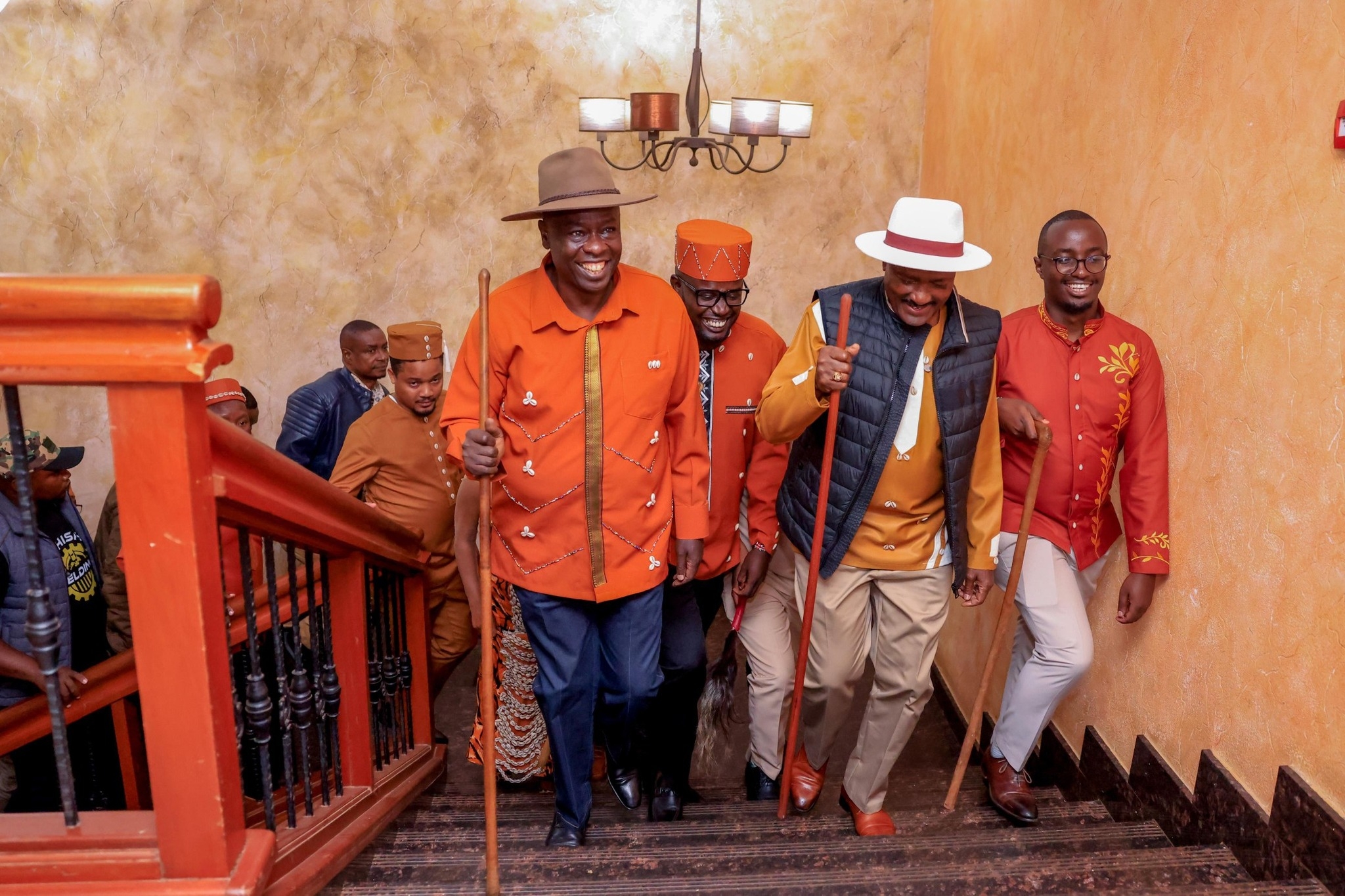
 HILLARY BETT
HILLARY BETT
Beyond these well-known customs, many families have unique traditions, and symbols like candy canes and eggnog are cherished hallmarks of the season.
But have you ever wondered about the origins of these classic Christmas rituals? Why do we hang stockings or exchange gifts?
These fascinating Christmas facts reveal a rich and surprising history.
Christmas wasn’t always celebrated on December 25
Although Christmas commemorates the birth of Jesus Christ, the Bible doesn’t specify December 25 as the date of His birth. In fact, some historians suggest Jesus was likely born in the spring rather than in winter.
It wasn’t until around 336 AD that December 25 was officially recognised as Christmas Day.
Evergreens: A symbol of renewal across cultures
The tradition of decorating with evergreen plants predates modern Christmas celebrations.
Ancient Egyptians used green palms to mark the winter solstice, while Romans adorned their homes with evergreen boughs during Saturnalia, symbolizing the promise of spring and new life.
The Christmas tree as we know it today originated in Germany in the 16th century, blending these ancient practices with Christian customs.













![[PHOTOS] 30 missing as rescue continues in Elgeyo Marakwet mudslide](/_next/image?url=https%3A%2F%2Fcdn.radioafrica.digital%2Fimage%2F2025%2F11%2F75a26195-578e-4133-b047-a2dce6b05d69.jpg&w=3840&q=100)
